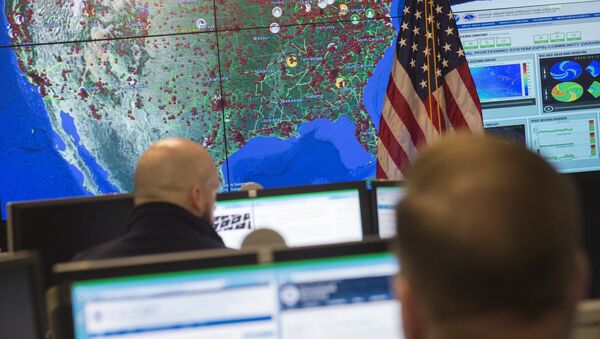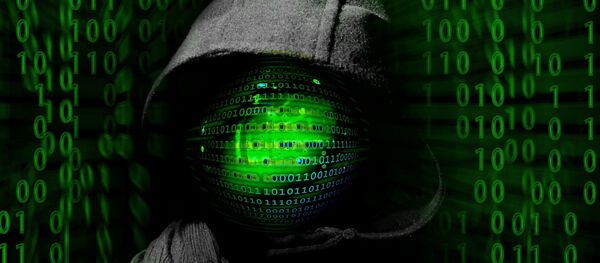“In searching media about cyber warfare, it’s interesting how much is written about attacks on the United States by Russia, China, Iran, and other countries and how little about US cyberattacks on other countries,” he said. “Perhaps our media are not interested in it, or are not inclined to whine about it publicly.”
Western, especially US, media exercise a double standard by publishing inflated and exaggerated accounts of alleged espionage activities by other countries against the United States while ignoring the enormous scale of US operations, Jatras observed.
While there was no hard evidence beyond the claims of the most recent attacks, Jatras recalled that the US government had and continued to carry out extensive surveillance operations, not just against Russia and China, but against its closest allies.
“The fact is that even friendly countries spy on each other, and the United States and Russia are not on particularly friendly terms now and conditions will almost certainly become worse if Hillary Clinton is elected,” Jatras pointed out. “Certainly Moscow would regard warmonger Hillary and her party as adversaries.”
Moscow has completely ruled out any possibility that the Russian government or government bodies were involved in the incident, Kremlin spokesman Dmitry Peskov told Reuters on Tuesday.
In recent years, reports surfaced that found the US National Security Agency (NSA) eavesdropped on European allies. According to WikiLeaks, the NSA had bugged meetings between UN Secretary General Ban Ki-moon and German Chancellor Angela Merkel, between Israeli Prime Minister Benjamin Netanyahu and Berlusconi, as well as talks of key EU and Japanese trade ministers, among others.



